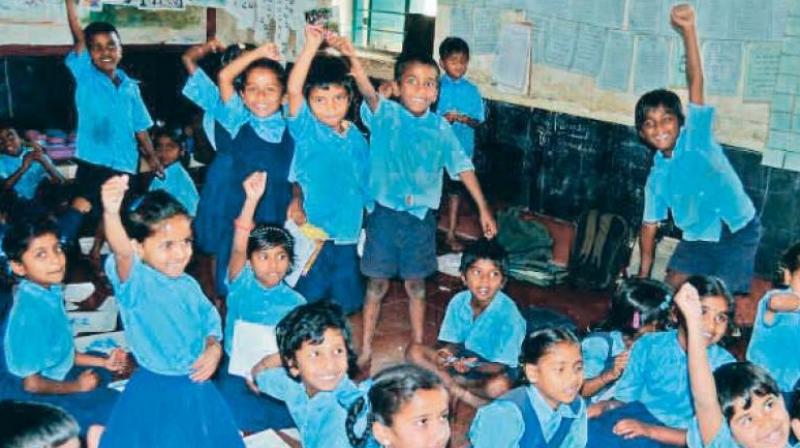Move to amend RTE Act upsets parents, activists

Bengaluru: The state government’s move to amend the Right of Children to Free and Compulsory Education (RTE) Act has upset parents and activists, while some have welcomed it.
Several activists and parents point out that the decision was against applicants from lower socio-economic backgrounds. At the same time, some said this would allow the state to ensure that quality education is provided in government schools.
Reacting to this, B.N. Yogananda, general secretary, RTE Students and Parents Association, accused the government of succumbing to the pressures of private school management lobby. “Such a decision is contrary to what lakhs of parents and children voice for. We have written to the National Commission for Protection of Child Rights, requesting it to take up this matter in court if possible,” he said.
Corroborating opinions against the state government, it has been pointed out by many stakeholders that their views were not sought by the authorities, before the process to amend the law.
An official from the Karnataka State Commission for Protection of Child Rights said, “The education department has been referring to the Kerala model for RTE processes, which is far from the reality faced by schools in Karnataka. As a consultation and monitoring body of the RTE Act, KSCPCR had to be consulted before planning to amend three important clauses under the Karnataka Right of Children to Free and Compulsory Education Rules (2012),” he said.
The convener of the RTE task force and child rights activist, Nagasimha G. Rao, told DC that a clarification has been sought from the principal secretary, department of primary and secondary education on the issue. “Instead of doing this in haste, the Government should have conducted a study to understand the ground realities. Comparing the changes to Kerala model is not acceptable as government schools there are of a much better level in terms of infrastructure. Our neighbouring state government has shown interest to offer English medium education in several schools which has garnered traction from parents sending children to government schools. This is not the case in Karnataka,” he said.
On the other side, some pointed out that the decision would now allow the state to ensure that quality education in government schools. Terming the amendment move “nothing outside the law,” Niranjanaradhya V.P, Senior Fellow and Programme Head, Universalisation of Equitable Quality Education Programme, Centre for Child and the Law, NLSIU said there is nothing wrong if the state decides to admit children in a government school in the neighbourhood.

